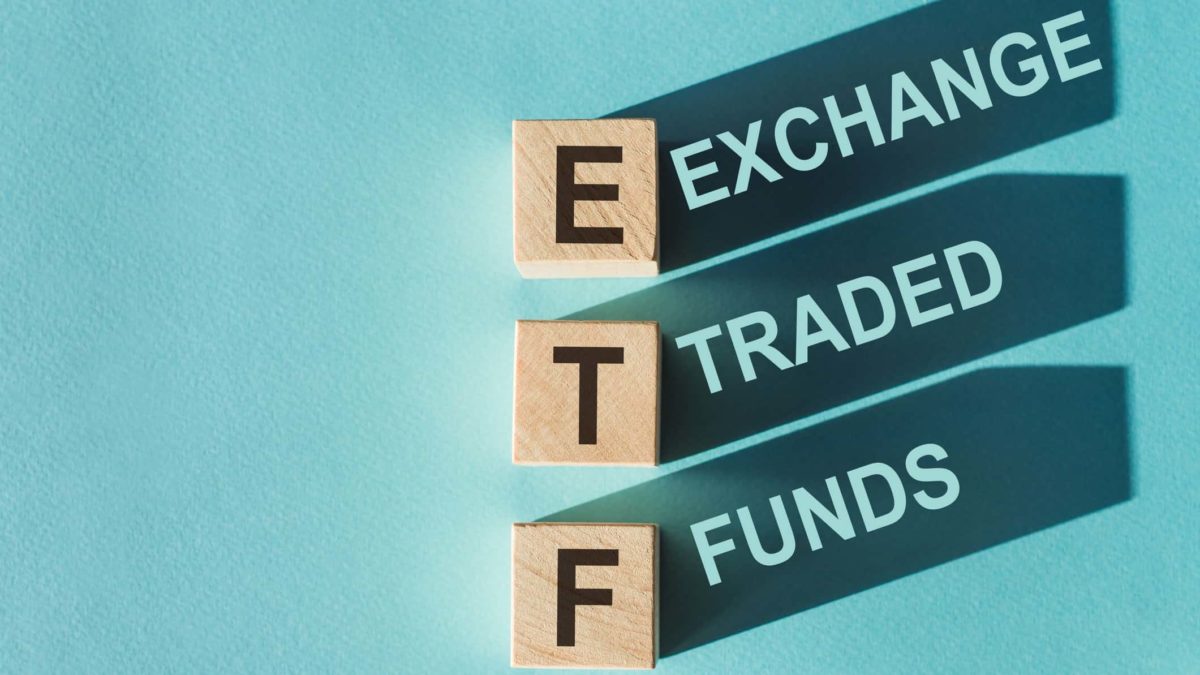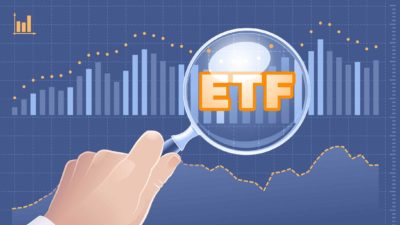With the end of the year rapidly approaching, investors may be starting to think about their investment options for 2022.
If ETFs are of interest to you, then the two listed below could be worth considering next year.
Here's what you need to know about these popular ETFs:
Betashares Nasdaq 100 ETF (ASX: NDQ)
The first ETF for investors to consider in 2022 is the hugely popular Betashares Nasdaq 100 ETF. As its name implies, this ETF aims to track the performance of the famous tech-focused NASDAQ-100 Index.
BetaShares notes that with its strong focus on technology, the ETF provides diversified exposure to a high-growth potential sector that is under-represented in the Australian sharemarket. Among the Betashares Nasdaq 100 ETF's largest holdings are Google parent Alphabet, Amazon, Apple, Facebook/Meta, Intel, Intuit, Microsoft, Netflix, Nvidia, PayPal, and Tesla.
Unsurprisingly, given the quality on offer here, this ETF has smashed the market over the last five years. During this time, it has generated a return of 27.8% per annum for investors.
VanEck Vectors Morningstar Wide Moat ETF (ASX: MOAT)
Another top ETF for investors to look at for 2022 is the VanEck Vectors Morningstar Wide Moat ETF.
When legendary investor Warren Buffett looks for an investment, he prefers companies with sustainable competitive advantages or moats. So, if you're wanting to replicate Buffett's style of investment, this ETF would be a good option.
The VanEck Vectors Morningstar Wide Moat ETF tracks an index intended to offer exposure to attractively priced companies with sustainable competitive advantages. Among the ~50 companies included in the fund are the likes of Alphabet, Amazon, Warren Buffett's Berkshire Hathaway, Coca-Cola, McDonalds, Meta, Microsoft, Philip Morris, Salesforce, and Wells Fargo.
As companies with moats have historically generated strong returns for investors, it will come as no surprise to learn that the index this ETF tracks has done the same. Over the last five and 10 years, it has outperformed the market with returns of 20.2% and 21.6% per annum, respectively.









